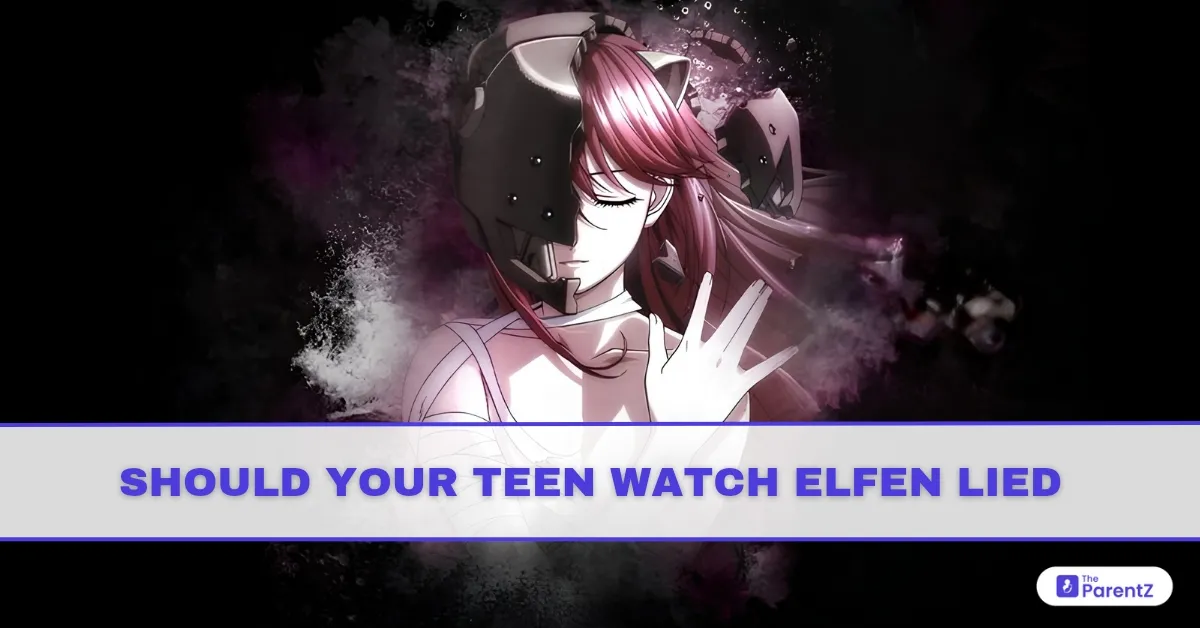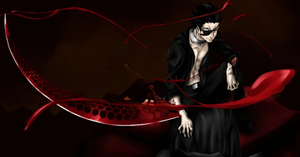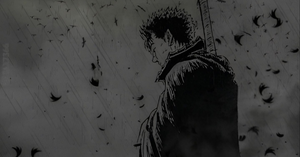A Parental Guide to One of Anime’s Most Controversial Series
Introduction
At some point, anime fans stumble upon Elfen Lied. Maybe it’s the haunting opening theme, the pink-haired girl on the cover, or the way the internet can’t stop calling it “disturbing.” But what many don’t realize—until they hit play—is that this isn’t just another emotional sci-fi drama. It’s violent. It’s tragic. And it's very, very intense.
So, if your teenager mentions watching Elfen Lied, this guide is here to help you understand what they’re about to experience—and whether they’re truly ready for it.
Overview
Elfen Lied is a short anime series centered on Lucy, a seemingly quiet girl who happens to be a Diclonius—a mutated human species with invisible telekinetic arms and a tragic backstory. After escaping from a government facility, she ends up living with two kind-hearted teens who have no idea who—or what—she really is.
At its heart, Elfen Lied is about trauma, discrimination, and human cruelty. But unlike most shows that explore these themes gently, this one throws you into the fire from the very first scene—with decapitations, torture, and blood splashing across walls. And it doesn’t let up.
Theme
Elfen Lied isn’t simply violent for shock value—it tries to make a point. But it does so in a way that’s raw and relentless, often making viewers uncomfortable. The key themes include:
Abuse and Mental Trauma
Nearly every main character has a traumatic backstory, from childhood abuse to emotional abandonment. These moments aren’t implied—they’re shown. And they leave a lasting emotional impact.
Violence and Gore
Few anime are this unapologetically graphic. We’re talking limbs flying, heads exploding, and brutal deaths within the first five minutes of episode one. It's not stylized or symbolic—it’s straight-up horrifying.
The Search for Acceptance
At the center of all the chaos is Lucy, torn between her monstrous instincts and a desire to be loved. Her internal conflict forms the emotional core of the story, but it’s surrounded by so much blood and pain that many viewers struggle to connect with it unless they’re emotionally prepared.
Age Preference
Recommended for: 18+ (Mature Viewers Only)
While the show is often labeled for 16+, that rating can be misleading. The emotional and physical violence here is extreme—not just by anime standards, but by any storytelling standard. For most teenagers, it’s simply too much.
That said, older teens who are already familiar with heavy, emotionally complex media and can critically engage with disturbing content might process it better—but it’s still a lot to ask of someone under 18.
Who Should Not Watch
- Teens with a history of trauma or emotional sensitivity: Elfen Lied deals heavily with themes like bullying, abuse, neglect, and mental instability. It doesn’t provide a safe emotional distance—it makes you sit in the discomfort.
- Viewers unprepared for extreme violence: If you’re imagining anime violence as flashy sword fights or stylized blood splashes, think again. The violence here is brutal, clinical, and often emotionally jarring.
- Anyone looking for a feel-good or redemptive story: While the show touches on love and forgiveness, it doesn’t offer comfort. It’s bleak, tragic, and designed to unsettle.
Lessons From It
Beneath the horror, Elfen Lied does carry meaningful lessons—if the viewer is mature enough to unpack them.
It asks us to think about what happens when someone is never shown love or kindness. It explores how trauma shapes identity, how society treats those who are “different,” and what it means to lose your innocence far too soon.
It’s a reminder that monsters aren’t always born—they’re sometimes created by the people and systems around them.
But none of these lessons are easy to digest, and they come wrapped in scenes that many will find emotionally scarring.
Conclusion
Elfen Lied is one of anime’s most haunting and controversial series. It offers powerful commentary on trauma, humanity, and the cost of cruelty—but it demands a lot from its viewers. And for most teens, especially those under 18, the graphic content and emotional weight are simply too overwhelming.
If your teen brings it up, ask them why they’re interested. If they’ve already started watching, consider having an honest conversation about what they’re feeling. Some stories are worth exploring—but only when the viewer is ready, and Elfen Lied is one of those stories.
It’s not about forbidding curiosity—it’s about protecting the heart and mind until they’re strong enough to carry it.








Be the first one to comment on this story.